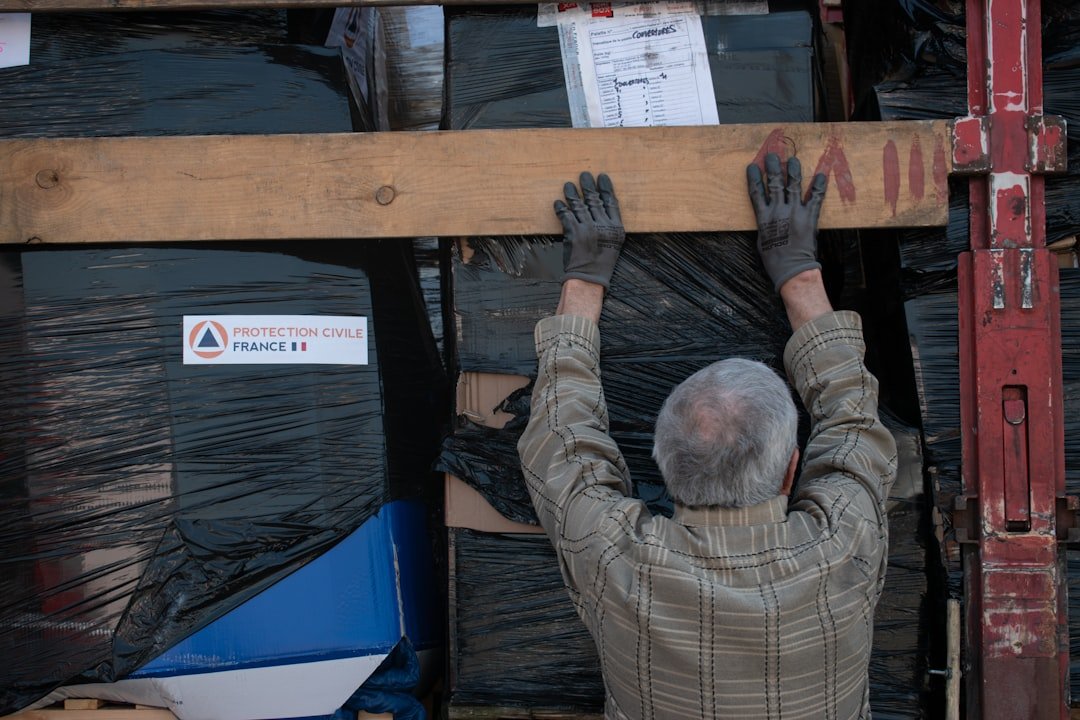Maximize Earnings: How Much Can Sperm Donation Pay?

An essential component of fertility treatments is the sperm donation industry, which offers opportunities & hope to infertile individuals & couples. Those who are incapable of becoming pregnant naturally can now start or grow their families thanks to sperm donation. We will explore the financial benefits of sperm donation in this article, along with the variables that influence sperm donation pay, the qualification process, the donation process itself, the risks, and any applicable laws.
Key Takeaways
- Sperm donation can be a lucrative business with financial benefits for donors.
- Factors that affect sperm donation pay include location, demand, and donor qualifications.
- To qualify as a sperm donor, one must meet certain age, health, and lifestyle requirements.
- The process of sperm donation involves screening, testing, and collection.
- Risks and legal considerations in sperm donation include potential health risks and legal parental rights.
We will also look at how to find reputable sperm donation centers & agencies, negotiate contracts and pay, maximize your earnings as a sperm donor, & even start your own sperm donation business. Financial incentives are one of the main reasons why people decide to donate their sperm. Donors receive compensation for their time & contributions, making sperm donation a financially rewarding endeavor.
A sperm donor’s exact earnings are contingent upon a number of variables, such as geographic location, sperm demand, and the particular demands of the sperm bank or fertility clinic. The pay rates for sperm donation are determined by a number of variables. The first important factor is the demand for sperm. The payment rates will probably be greater if there is a significant demand for sperm from donors who possess particular physical or genetic characteristics.
Also, pay rates may vary depending on where the sperm bank or fertility clinic is located, as the average income & cost of living in that area may affect the compensation paid to donors. The compensation for sperm donations is also significantly influenced by physical and genetic characteristics. Desirable characteristics, like height, intelligence, and good health, may make a donor more in demand and increase their compensation. It is crucial to remember that every sperm bank and fertility center has unique standards for choosing donors, and that the payment may change as a result.
| Criteria | Details |
|---|---|
| Age | Typically 18-39 years old |
| Frequency | Can donate 1-3 times per week |
| Compensation | Varies, can range from 35 to 125 per donation |
| Health Requirements | Must pass medical and genetic screenings |
| Time Commitment | Each donation session takes about 1 hour |
Meeting specific requirements and going through a comprehensive medical and genetic screening process are necessary to become a sperm donor. Age limitations, general health, & the absence of specific genetic illnesses or disorders are usually the eligibility requirements. In order to maximize the likelihood of successful pregnancies, sperm banks and fertility clinics want to make sure the sperm they use for treatments is of the highest caliber. The purpose of the medical and genetic screening procedure is to find any potential health problems or genetic disorders that might be inherited by offspring.
A thorough review of the patient’s medical history, physical examinations, blood tests, and genetic testing are typically part of this process. In order to evaluate the viability and quality of their sperm, donors must Also submit a sample of their semen for analysis. Following successful completion of the screening process & eligibility determination, a donor may proceed with the actual sperm donation. Usually, there are a few steps involved in the process, such as periodic semen samples, initial consultations, and signing legal agreements. Donors will have initial consultations with medical professionals who will address any queries or concerns and provide a detailed explanation of the entire process.
In order to define the rights and obligations of the donor and the recipient, legal agreements will also be signed. The next step is for donors to regularly provide semen samples, which are typically collected at the fertility center or bank. Typically, this is done in a designated area or private room where masturbation is used to gather these samples. The sperm is then separated from other components by processing and analysis of the samples. Even though giving sperm can be a fulfilling experience, there are some possible risks and complications to be mindful of.
During the process, donors may feel physically or emotionally uncomfortable. Legal issues could also need to be taken into account, such as the potential for future communication from people who were conceived through donation and their desire to know their true biological parents. It is imperative that the legal ramifications of sperm donation are completely understood by both donors and recipients.
To guarantee that all parties are safeguarded & that their rights and obligations are clearly stated, legal agreements should be properly examined and drafted. It is crucial to locate trustworthy sperm donation facilities and organizations when thinking about donating sperm. It is possible to make sure that donors & recipients are collaborating with reputable and trustworthy organizations by doing their homework and weighing their options. Consult with healthcare providers or those who have already completed the process for recommendations.
It can be difficult to negotiate contracts and pay rates for sperm donations. Donors ought to be ready to go over their expectations for payment as well as any particular clauses they would like to see in the agreement. To make sure that everyone is happy with the arrangement, it’s critical to maintain open and honest communication with the sperm bank or fertility center. It’s critical to comprehend the financial and legal ramifications of sperm donation agreements.
To make sure that their rights & obligations are upheld & that they comprehend all financial aspects of the agreement, donors should get legal counsel. There are a number of tactics that can be used by sperm donors who want to increase their earnings. The first way to improve one’s chances of being chosen as a donor is to lead a healthy lifestyle & take good care of their physical & emotional health.
Also, promoting oneself as a sought-after donor by emphasizing special qualities or attributes can draw in more potential beneficiaries. Launching a sperm donation company could be a good choice for people who want to get more involved in the sperm donation sector. But it’s crucial to do extensive study and comprehend the moral and legal ramifications.
Careful preparation, compliance with laws, and a dedication to offering top-notch services are necessary for the establishment and expansion of a profitable sperm donation business. In summary, sperm donation services are essential to fertility treatments because they provide opportunities and hope to infertile individuals & couples. Gaining knowledge about the financial advantages, qualifying procedure, donation procedure, dangers and legal issues, identifying trustworthy facilities and agencies, settling pay and contract disputes, optimizing profits, & even launching a sperm donation company can be extremely beneficial.
If you’re curious about how much money you can make by donating sperm, you’ll definitely want to check out this informative article on howtostart.digital. It provides valuable insights and guidance on the financial aspects of sperm donation. From compensation rates to eligibility criteria, this article covers it all. Discover the potential earnings and learn more about this unique opportunity by clicking here. Additionally, for a comprehensive guide on getting started with sperm donation, make sure to explore their article here.
FAQs
What is sperm donation?
Sperm donation is the process of donating semen, which contains sperm, to a sperm bank or fertility clinic for the purpose of helping individuals or couples who are struggling with infertility.
Who can donate sperm?
To donate sperm, a man must be between the ages of 18 and 39, in good health, and meet certain medical and genetic criteria. He must also undergo a screening process to ensure that he is free of sexually transmitted infections and other health conditions.
How much money can you make donating sperm?
The amount of money a sperm donor can make varies depending on the sperm bank or fertility clinic and the location. On average, a sperm donor can earn between $50 and $200 per donation. Some sperm banks may offer higher compensation for donors who meet certain criteria, such as having a high level of education or a desirable physical appearance.
How often can you donate sperm?
Sperm donors can typically donate sperm once or twice a week, with a minimum of 48 hours between donations. However, some sperm banks may have different guidelines for how often donors can donate.
Is sperm donation safe?
Sperm donation is generally considered safe for both the donor and the recipient. Donors are screened for sexually transmitted infections and other health conditions before their sperm is accepted, and the sperm is also tested for infectious diseases. However, there is a small risk of infection or other complications associated with the donation process.




